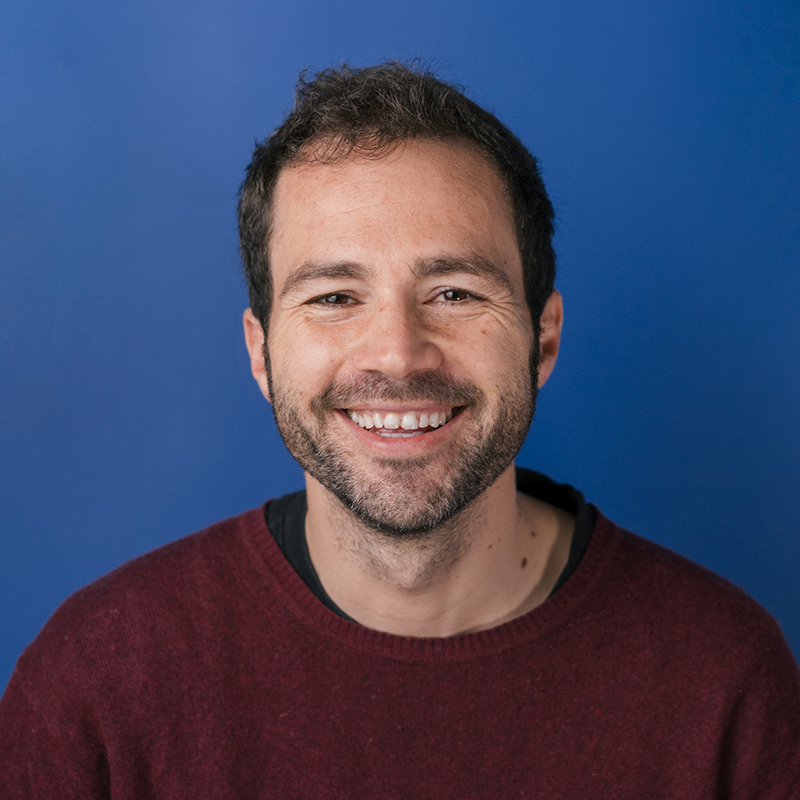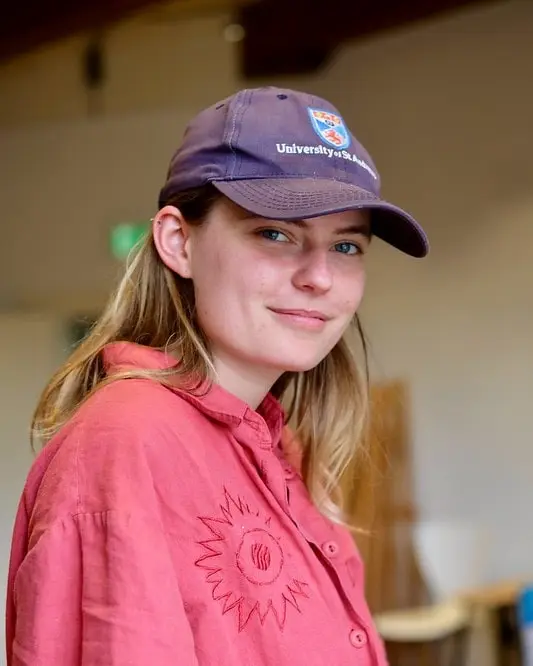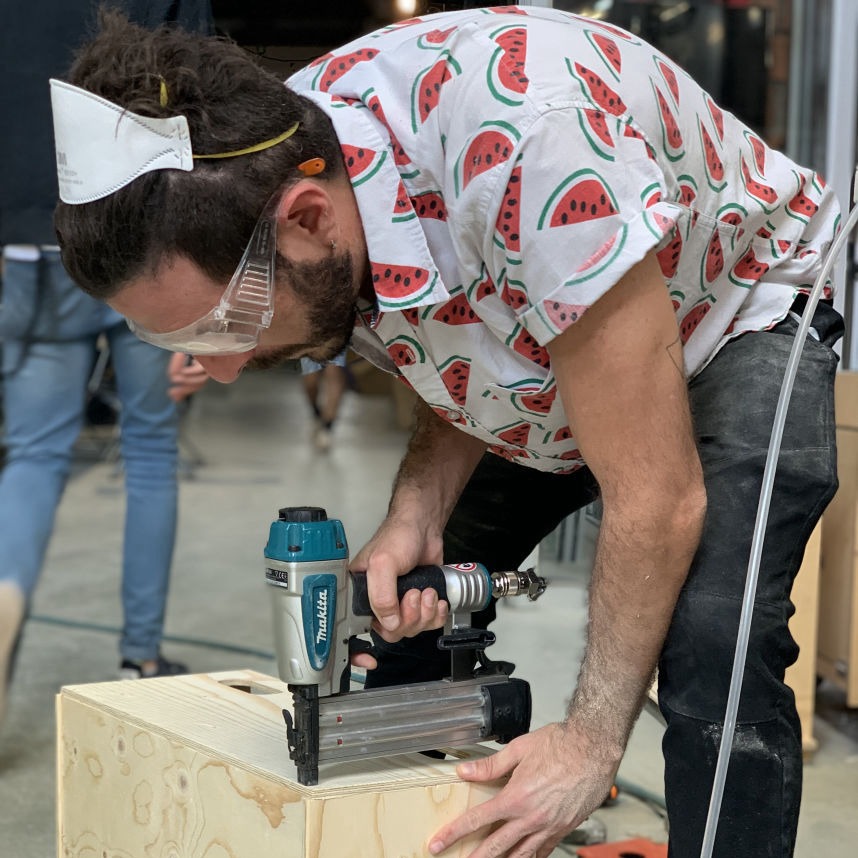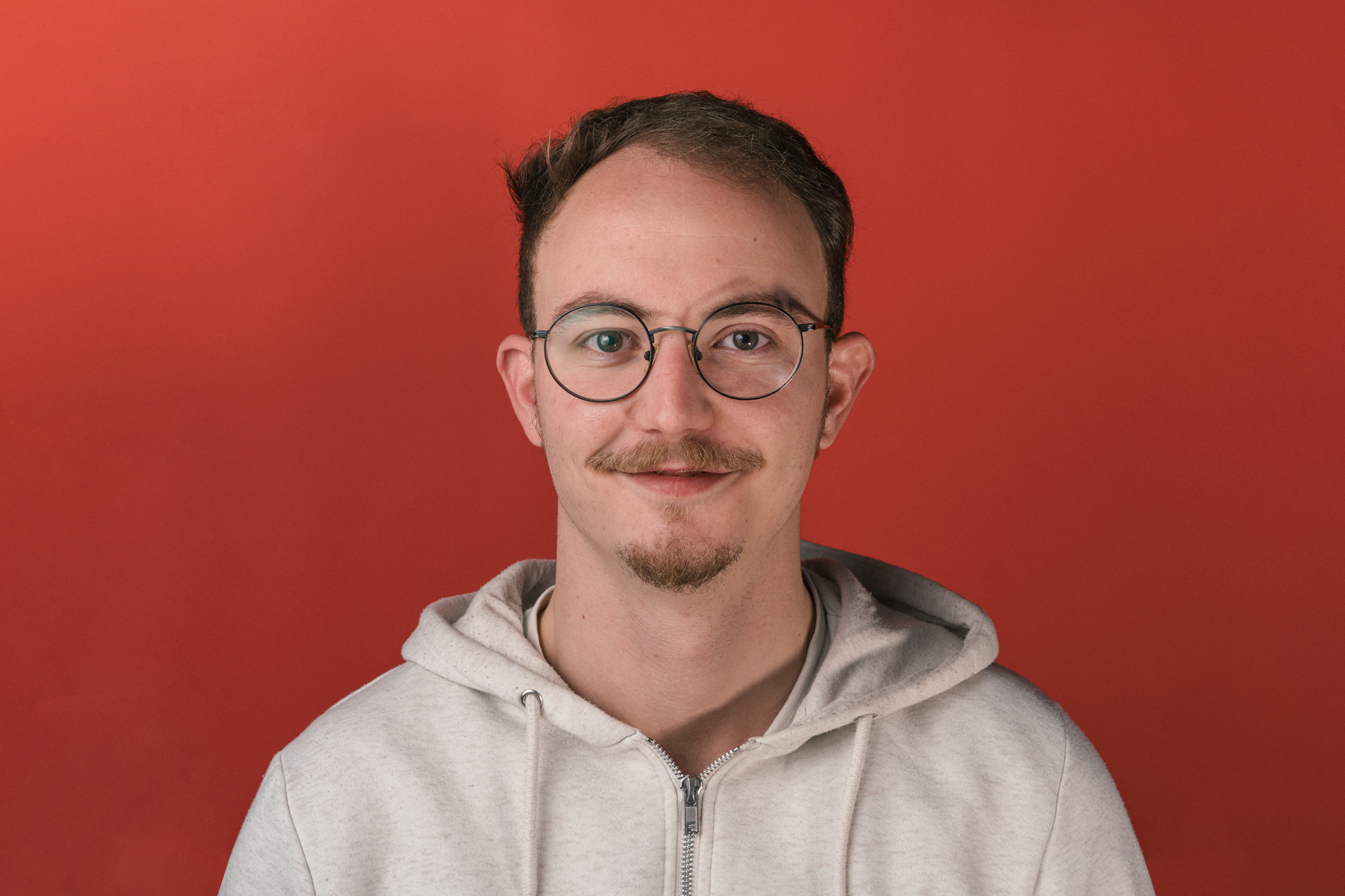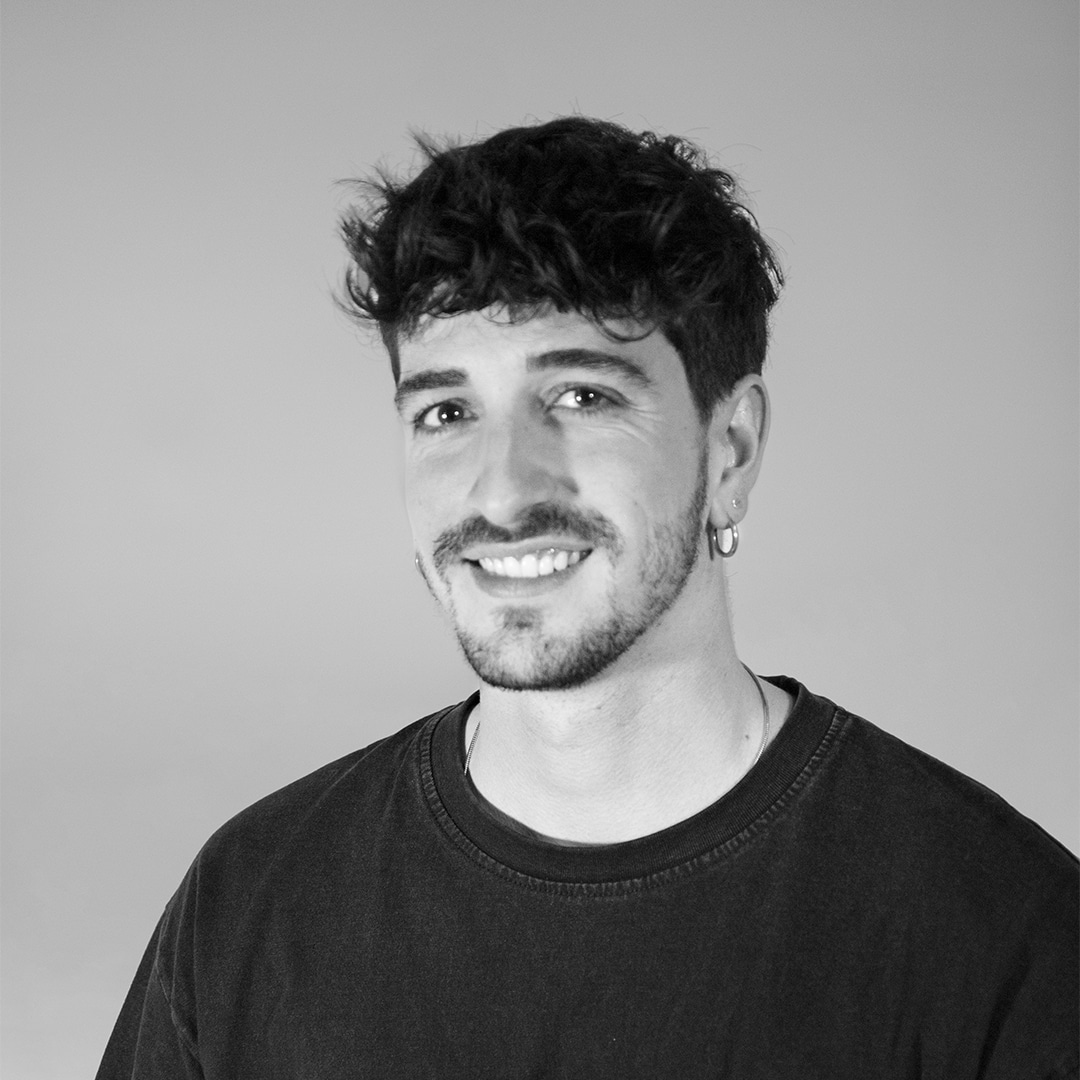Syllabus⇝
Students arrive at the program with diverse levels of technical expertise and individual research interests, which form the foundation of their evolving areas of investigation. A key objective of this challenge is to align hands-on making with the students’ current technical knowledge, ongoing research, and communities of practice, fostering the development of interventions that are contextually situated and meaningful.
Central to this approach is empowering students to engage deeply with prototyping within the Fab Lab environment, demystifying technological “black boxes” and fostering a nuanced understanding of technology as a tool for designing emergent futures. The Fundamentals of Digital Fabrication course has laid the groundwork for students’ fab literacy, equipping them with essential skills and conceptual tools for digital fabrication. Building on this foundation, the current term will expand into new areas of knowledge and practice, including biomaking (living materials), collective intelligence, human-computer interaction design (HNMI), and extended intelligences (AI), as part of the Exploration track.
This alignment requires methodologies that balance the demands of a multidisciplinary academic journey. In this iteration of the course, new instructional strategies such as “rotational task stations” and monthly intensive maker-sprints (or “micro-challenges”) have been introduced. These micro-challenges enable students to collaboratively apply their knowledge and skills to short-term, project-based interventions, synthesizing concepts from previous coursework with the frameworks and themes of MDEF.
The Microchallenge is an intensive week where students will apply the knowledge, concepts, and skills acquired in previous weeks through group projects aligned with their research interventions.
Key Elements⇝
Duration: 30 hours in total. - 12 hours of autonomous work (o.w.). - 2 hours of Final presentation (f.p.).
Working format: In pairs to encourage collaboration.
Documentation and dissemination: - Each team member must create a post to share insights. - And a repository (Repo) to store and document their process and outcomes.
Keywords⇝
Prototyping, Co-creation, Iterative Design, Digital Fabrication, Open Source Documentation, Collaboration, Critical Making, Intervention Design, Systems Thinking, Experiential Learning, Problem-Solving
Learning Objectives⇝
The intensive week is designed to enhance students' ability to develop and document innovative projects through collaborative and iterative processes. The key learning objectives include:
- Project-Based Learning & Prototyping
- Self-Led Research, Community & Artifact Alignment
- Iterative Thinking & Problem-Solving
- Open Documentation & Knowledge Sharing
- Collaboration & Teamwork
- Critical Thinking
- Iterative Design
Schedule⇝
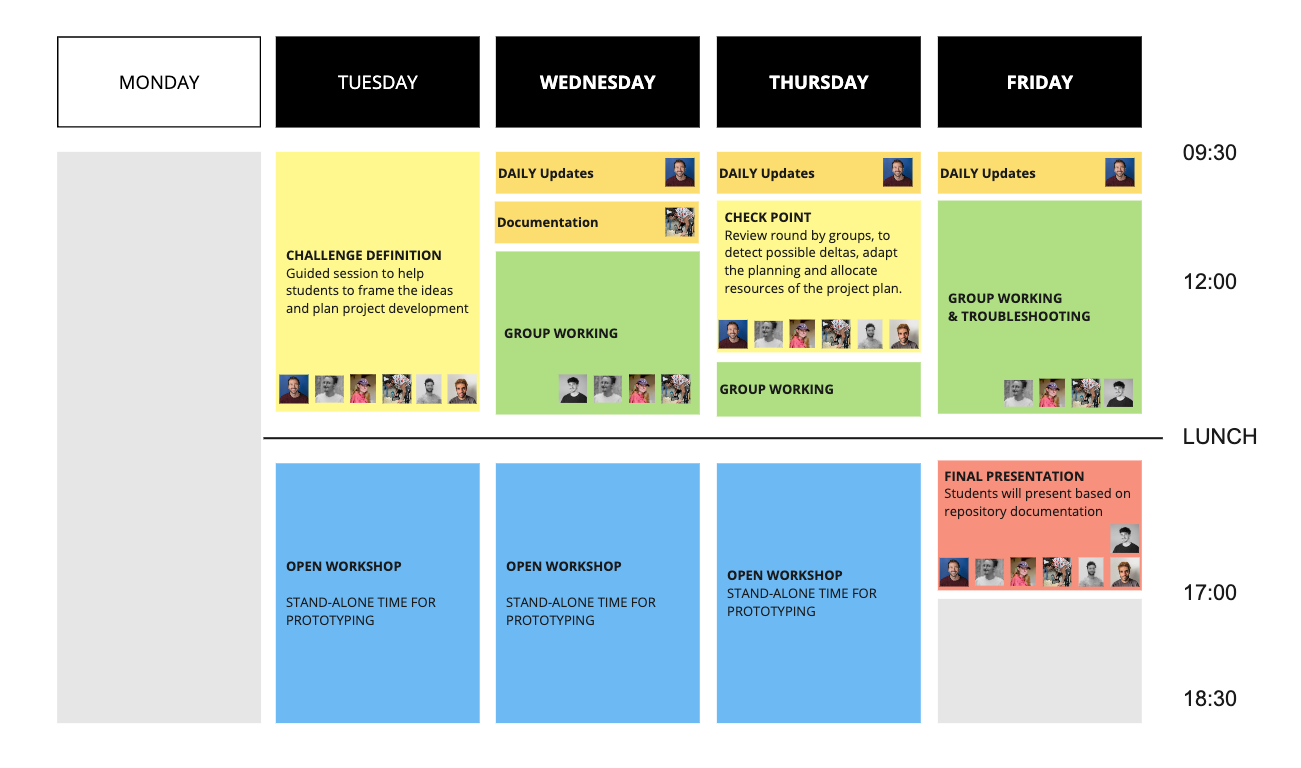
Deliverables / Outputs⇝
At the end of the Microchallenge, students must submit two key deliverables to document their learning and project development:
Individual Post
Each student will write a reflective post based on personal questions, capturing their learning experiences and individual contributions to the challenge. This will serve as a self-assessment and a way to share insights with the broader community.
Project Repository
Each group of two (or more) students must create a new repository to document the entire development process of their intervention. This will include research, prototypes, iterations, and final outcomes. The repository should be hosted on Hackster.io or a similar platform.
Submission Deadline:⇝
All documentation must be submitted by Monday after the challenge week to ensure proper reflection and sharing of the process.
Evaluation Strategies⇝
- Only the documentation into their webpages will be taken in account for evaluation.
- The weekly standards and grading will be presented during the weekly classes.
The assessment of the Microchallenge is based on four key areas, ensuring a balance between academic rigor, documentation quality, engagement, and creativity.
- Academic Level (30%) – Assesses the quality and complexity of the designed prototype, code, or artifact.
- Open Content (35%) – Evaluates the clarity and detail of documentation, including media such as photos, videos, and text.
- Involvement (30%) – Measures attitude, motivation, and proactive behaviors throughout the process.
- Explosion (5%) – A playful yet impactful category rewarding boldness and innovation—as long as it does not literally explode! 🚀
FINAL GRADE = 20% Individual Post (Personal Reflection) + 80% Microchallenges Average
Materials Needs⇝
All materials needed for the course will be provided by the faculty. The students are required to bring to the classes their own students toolkit and the programming boards given to them at the start of the academic year, other development boards, sensors and actuators will be provided during the classes. Bring in your laptop with the proper software installed prior to the class if required (emails will be sent prior to the classes regarding this aspect).
Resources⇝
Faculty⇝
Santiago Fuentemilla Garriga , is Master degree in Architecture and postgraduate in digital fabrication and rapid prototyping (Fabacademy). He accumulates more than 15 years of experience in studios (OPR, FHAUS, OPERA, Brullet de Luna associats), designing multidisciplinary projects at an international level. Since 2013 he is part of the IAAC - Fab Lab BCN team, as coordinator and leader of Future Learning Unit (FLU), an area of research, design and implementation of innovative educational models that promote growth, learning and creativity to generate opportunities to achieve the goals and challenges of uncertain futures. FLU participates in private and EU funded research projects such as TEC-LA, Shemakes, Ruractive, DOIT, Phablabs 4.0, Creative Minds, among others. He is director of the global academic programs Fab Academy and Fabricademy, in the Barcelona node, executive board of Fab Learning Academy, and faculty of the Master in Design for Emergent Futures (MDEF) and The Master in Design for Distributed Innovation (MDDI).
I use combinations of physical and digital media as a form of research. Through sensitive, interactive tools, I step into conversation and co-creation with my environment; humans within our biosphere and technosphere. Can the artificial, synthetic, and technological embrace natural states of being?
Experienced Creative Director with 15+ years in global agencies and brands across Latin America and Europe. Holds a Master's in Future Design, specializing in digital manufacturing and emerging tech. Over 6 years of teaching in diverse universities, focusing on communication, creativity, design, and storytelling.
Founder of POWAR, a Barcelona-based R+D Ed-Tech studio driving planet-centred STEAM education. Known for strategic vision, expertise in innovation, project management, and audiovisual production. Researching around the future of education.
Born in Barcelona in 1995, Mikel has been doing art, graphic design and programming for video games and cinema until he discovered the amazing world of digital fabrication, the OpenSource community and makers to be related to different processes and characters of the sector. Until October 2021 he has been working as Manager of Fablab Barcelona, organising different things around the lab, including workshops, taking care of the machines, doing the necessary maintenance and teaching students not only how to use them but also how to become "makers". He has also been developing projects to empower people and communities to have access to technology in the most open way. When asked what he liked most about Fablab Barcelona he answers without a doubt: "Doing things" but "Doing open things". Since he left Fab Lab Barcelona in October 2021, he has been opening a new studio in Barcelona, called Facto, located in the Gràcia neighbourhood, where he has his own workshop and workspace for the development of projects, among which he is founding a design brand that works with recycled plastics.
Dídac Torrent is an Industrial Engineer and Product Designer and Developer from Barcelona, with extensive experience in digital fabrication and rapid prototyping technologies. He holds a BA in Industrial Design and Product Development Engineering from Universitat Politècnica de Catalunya (UPC) and a Master in Design for Emergent Futures from Fab Lab Barcelona (IAAC) and ELISAVA.
During the last years, Dídac has been working in places such as LaMáquina by Noumena as a 3D printing engineer, as a Makerspace technician at Ateneu de Fabricació de Nou Barris and as a Precious Plastics researcher, among others. Now, he works as a Fabrication Lab Assistant and Manager at Institute of Advanced Architecture of Catalonia (IAAC), and teaches courses in Digital Fabrication and Electronics.
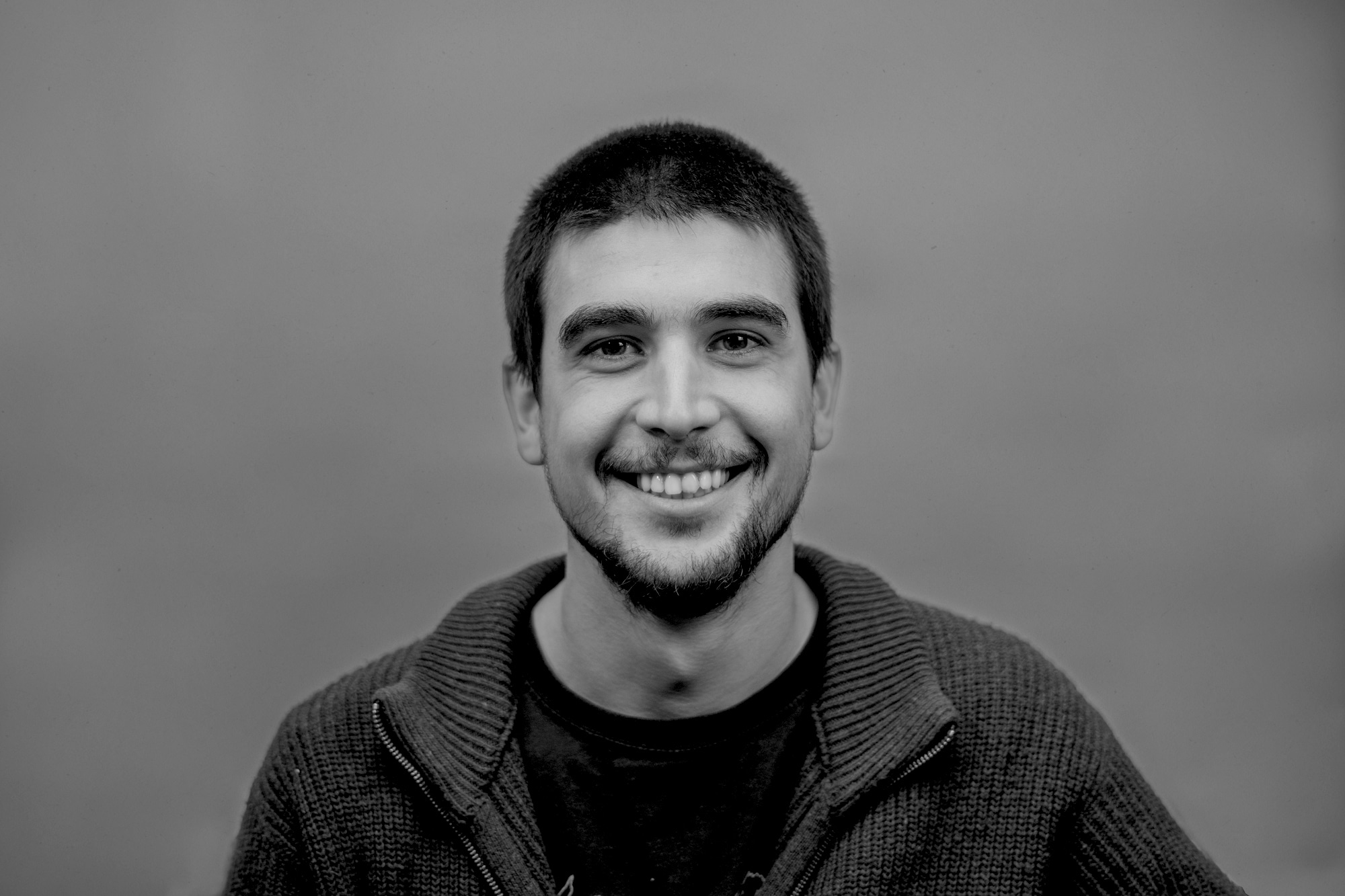
Adai Surinach
Digital Fabrication Expert
Adai graduated with a superior degree in engraving and stamping techniques at Llotja School of Art and Design in Barcelona. After graduation, he became interested in 3D printing, taking him to get involved in Fab Labs until becoming an intern at Fab Lab Barcelona. Shortly after, Adai undertook Fab Academy in 2022 and started working at the lab in different projects like Smart Citizen and as an instructor in academic programs.

